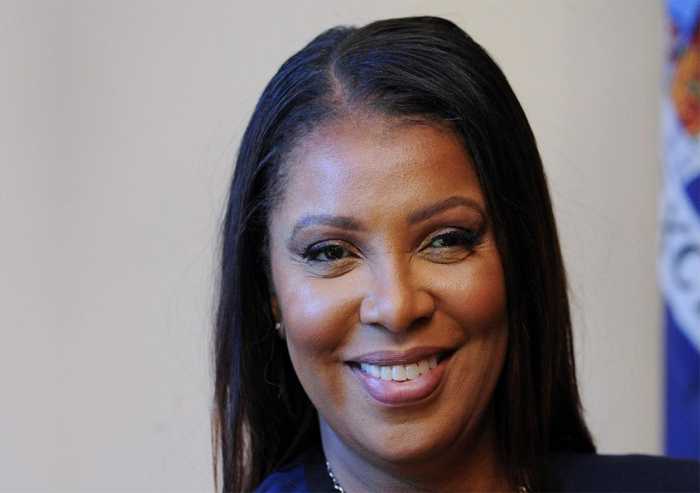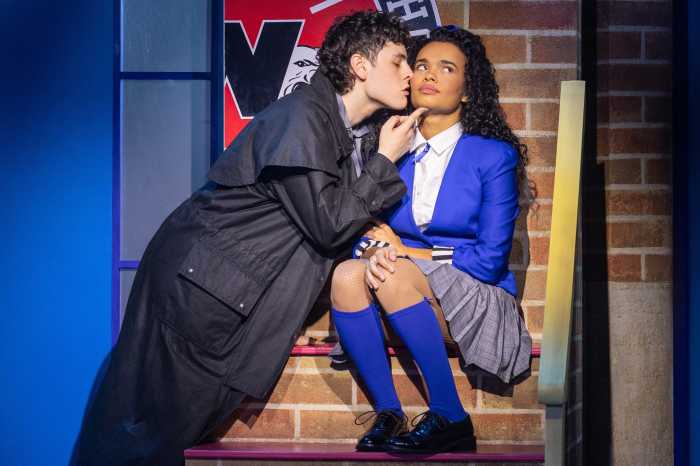Are violent video games protected under the First Amendment? That’s a question the Supreme Court will be considering when Schwarzenegger v. Entertainment Software Association (ESA) comes up later this year.
California is appealing a decision by the Ninth Circuit Court of Appeals that invalidated a statute prohibiting the sale or rental of violent video games to minors, and required labeling with a large “18” printed on the packaging of the game. The legislature is treating the games the same as sexually explicit materials, and has labeled the games “obscene.”
ESA has countered that the state under the First and Fourteenth Amendments has no power to regulate the games, and that the games are protected speech. The nation’s highest court will decide.
Now, one does not have to like violent video games to understand that California’s intention is to thrust itself into the role of parent. The law on its face takes away the power of the parent to choose which games are appropriate and inappropriate for their children free of government regulation. It even threatens violators with a $1,000 fine should a game be sold or rented to a minor.
Although the law provides for an exception if parents want to purchase the games for their children, there is a major flaw. The law is so easy to get around that its unenforceability teaches a terrible lesson to kids: That certain laws may be disregarded. That is a worse message than anything learned from the games. It is one that undercuts respect of all other law.
Even with the exception, this is still just another nanny state intrusion that follows a long line of acts by government to assume the role of parents. In the old days it was hearings by the Senate Subcommittee on Juvenile Delinquency that focused on violent comic books, which eventually inspired content-based restrictions by the industry like the Comics Code Authority. Then it was FCC educational requirements and advertising restrictions on children’s programming that has all but eliminated the Saturday morning cartoons that were once a staple when Americans were growing up.
Meanwhile government has had no problem propagandizing children via the public schools system, indoctrinating students with Earth Day, “green” gardens, and other state-approved ideological content.
Incrementally, whether at school or via the airwaves, government has taken away from parents the role of monitoring content aimed at their children. California, with its outright ban on violent video games to minors, takes another giant leap in that direction.
Moreover, California is making itself the de facto censor of the budding video game industry. What’s next? Bans on violent movies? Books?
The point is that once the door is open for regulating certain content to “protect the children,” there really is no limit on what states will be able to restrict. The Supreme Court must consider carefully the sort of precedent it will be setting. Targeting the makers of video games may make for good politics in some circles, but makes for very bad First Amendment jurisprudence.
Government has no role in regulating content in a society of protected speech and a marketplace of ideas. Individual parents should decide, not government censors, what is appropriate for their children.
The state of California, and government in general, needs to keep their nose out of decisions best left to parents. Using the civil code to regulate the distribution of content to minors goes beyond just a First Amendment violation. It infringes on the role of parents in their children’s lives.
Bill Wilson is the president of Americans for Limited Government.

























